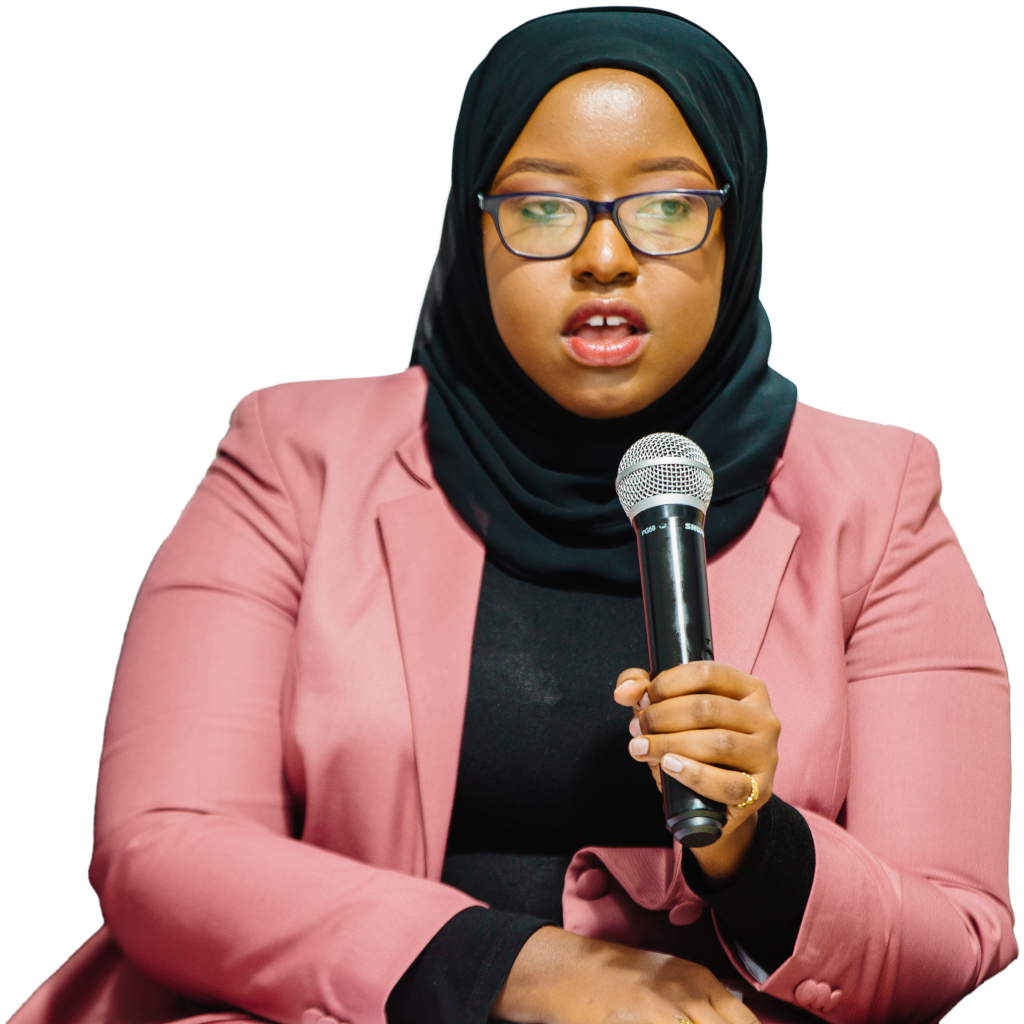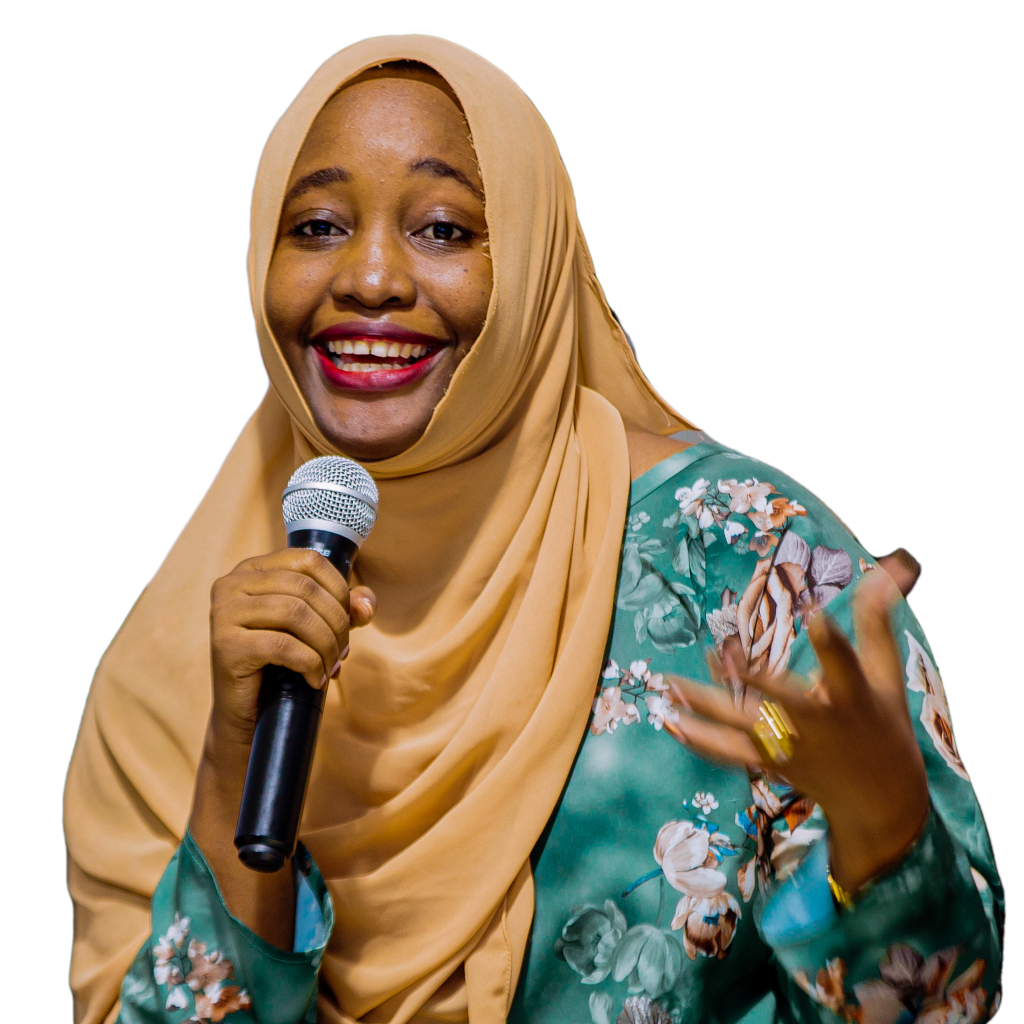

With each edition, DataFest Africa has continued to evolve and push the boundaries of what is possible in the field of data science. Pollicy, with support from partners has been organising the annual festival which has so far transformed from a Kampala edition (DataFest Kampala) to an African regional edition (DataFest Africa). DataFest Africa has now been held three different times: 2019, 2021 and 2022. The first Data Festival was held in Kampala, Uganda on 6th and 7th March 2019 under the theme; “The Use of Data in Decision-Making for Both the Public and Private Sectors”. In 2021, it was held on 29th and 30th April under the theme; “Living with Data” and the 2022 festival held from 10th June to 7th July under the theme; “Big Data, Little Data and Everything Between”.

Our theme this year is built around the idea of No gender equality without data equality. Learn what that means to us, and what our plan for this year is.
As we look forward to the 2023 edition of DataFest Africa which will be held in Nairobi, Kenya, we are excited to announce the theme of this year’s conference: “Turning the Data Tables: No Gender Equality in Tech AI without Data Equality.” The conference which will be hosted in a hybrid format will center around understanding and putting a spotlight on addressing the need to promote intersectionality of gender and data. This will also have an in-depth conversation on how data affects women and girls from data scientists to women who consume and use data on a daily basis.
To identify and propose practical solutions for addressing gender data and artificial intelligence (AI) bias in Africa.
Across the African continent, women are less likely to have access to science, technology, engineering, and mathematics (STEM) education that provides a gateway to a career in data science. This is because conversations around data and gender imbalances in STEM and data science training make it harder for women to succeed in this area. Gender data, especially in Africa, has also remained under-studied, as large gender data gaps exist in both national and international databases. A 2019 Data 2X study of national databases in 15 African countries, including leading economic and digital hubs such as Kenya, Nigeria and South Africa, found that Gender-disaggregated data was available for only 52 percent of the gender-relevant indicators. Large gender data gaps existed in all 15 countries, with these gaps unevenly distributed across the indicators. For instance, no indicator in the environmental domain had gender disaggregated data at the international database level. This was cited in the Afro Feminist Data Features Report by Pollicy.
To facilitate knowledge sharing and collaboration among data enthusiasts, researchers, academia, feminists, and governments in Africa, regarding AI and open data, with a view to promoting gender equality in data.
At this year’s DataFest Africa event, you will have the opportunity to engage with a vibrant community of data professionals and enthusiasts, gain valuable insights, and be part of a movement that is driving sustainable development in Africa through data science. This year’s edition promises to be nothing short of exciting!
Learning a new skill in the ever changing Data science ecosystem
Learning about new trends within the data science ecosystem